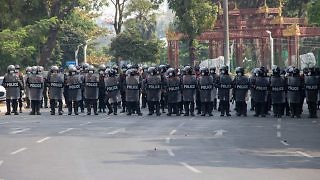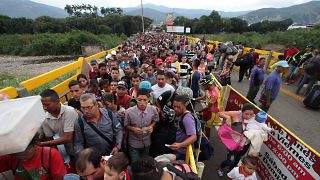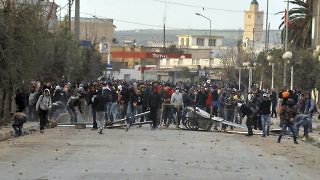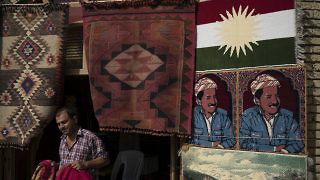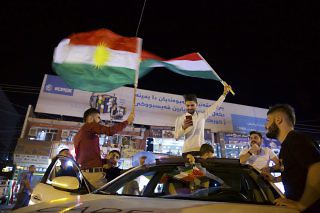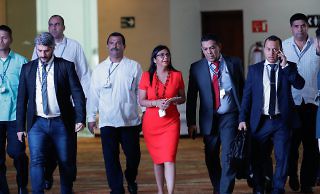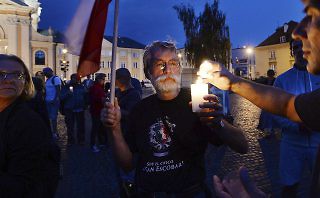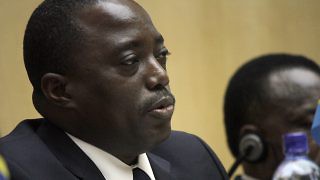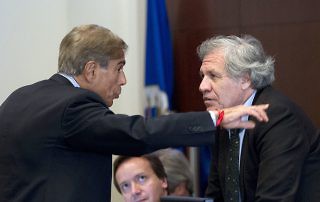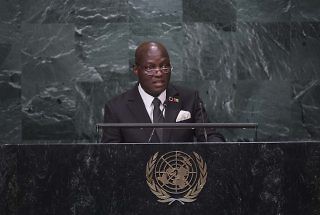There is an urgent need to rethink how to hold to account those responsible for human rights violations not only in Myanmar, but also in other countries.
Tag: democracy
-
-
Without a political change, the population will continue to suffer. However, it is hard to imagine that the current situation can continue over time without undermining the support base of Maduro’s regime.
-
While the political and social reality that demonstrators are responding to does require serious attention, there are also reasons to hope that the current juncture is an opportunity to build on Tunisia’s successes.
-
Despite nearly universal regional rebuke of the Kurdish referendum before the September 25 vote, Iraq’s Kurdistan Regional Government (KRG) pushed forward on what it seemed to believe would be a path to independence. Why did former KRG President Masoud Barzani hold a referendum vote despite immense pressure not to do so?
-
Barzani has worked to establish himself as the figurehead who will lead the Kurdish people toward independence. The danger is that unfulfilled expectations may reduce his political mileage in the near future.
-
It is futile to blame the crisis for the shortcomings of multilateral instruments; at the end of the day, were these mechanisms not designed precisely to solve complex crises?
-
In both Poland and in Hungary, conservative social policies have sought to restrict abortion, declared conservative Christian teaching to be the guiding principle behind state policy (despite low religiosity in Hungary, and the constitutional separation of Church and state in Poland), and attempted to criminalize individual ties to the former communist regimes.
-
With DRC President Kabila becoming increasingly emboldened in his actions to extend his political longevity, it would be difficult to believe that travel and financial embargoes alone will sway the incumbent from delivering the coup de grace to his country’s hopes of achieving a democratic transfer of power in the near-term.
-
With more than 60 deaths in the last two months of protests, the risk for Venezuela to fall into a spiral of violence is high.
-
ECOWAS has issue a stern warning to the country’s paralyzed polity, voicing its grave concern regarding what it sees as “a deteriorating socio-political situation in the country.”
